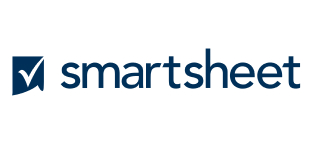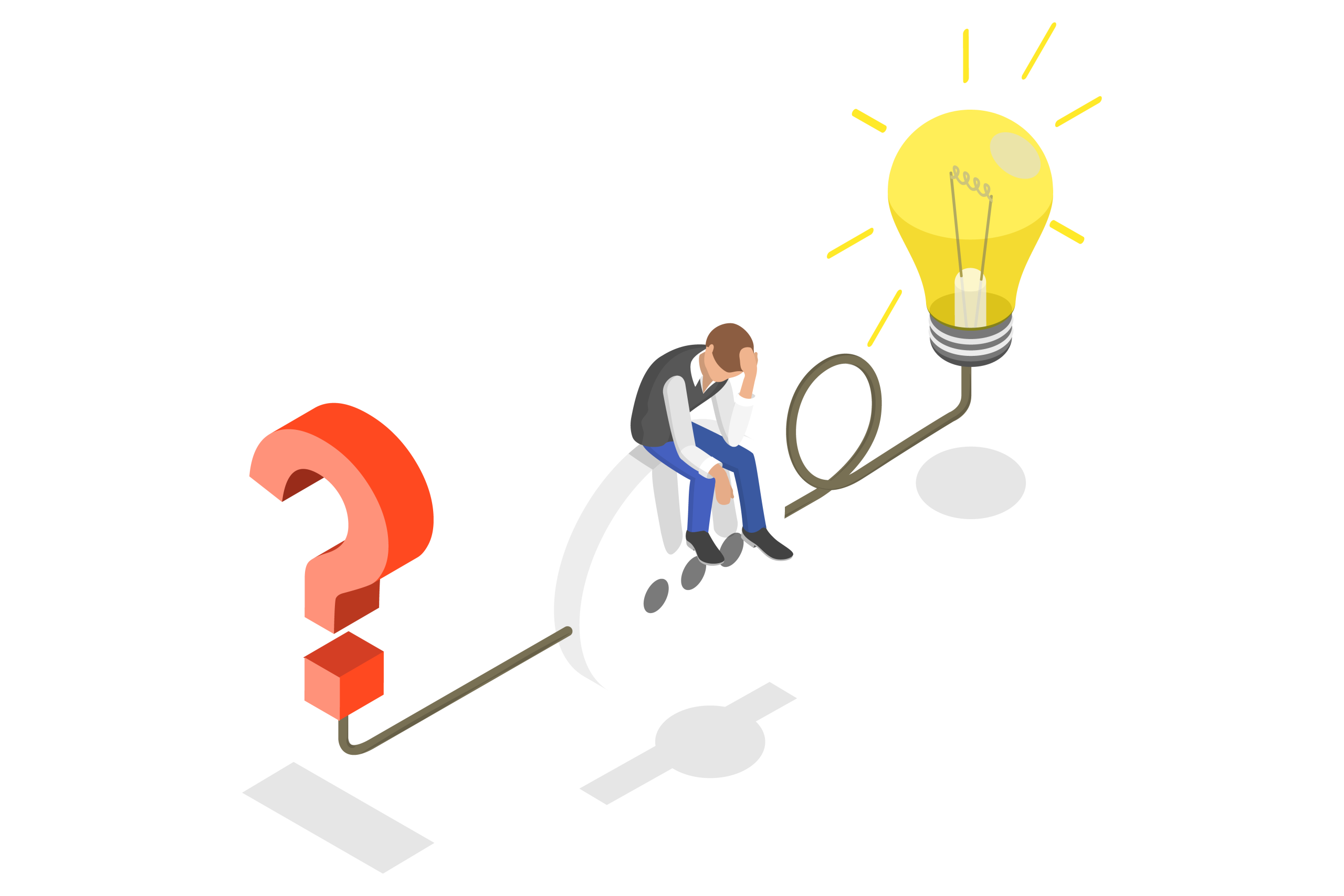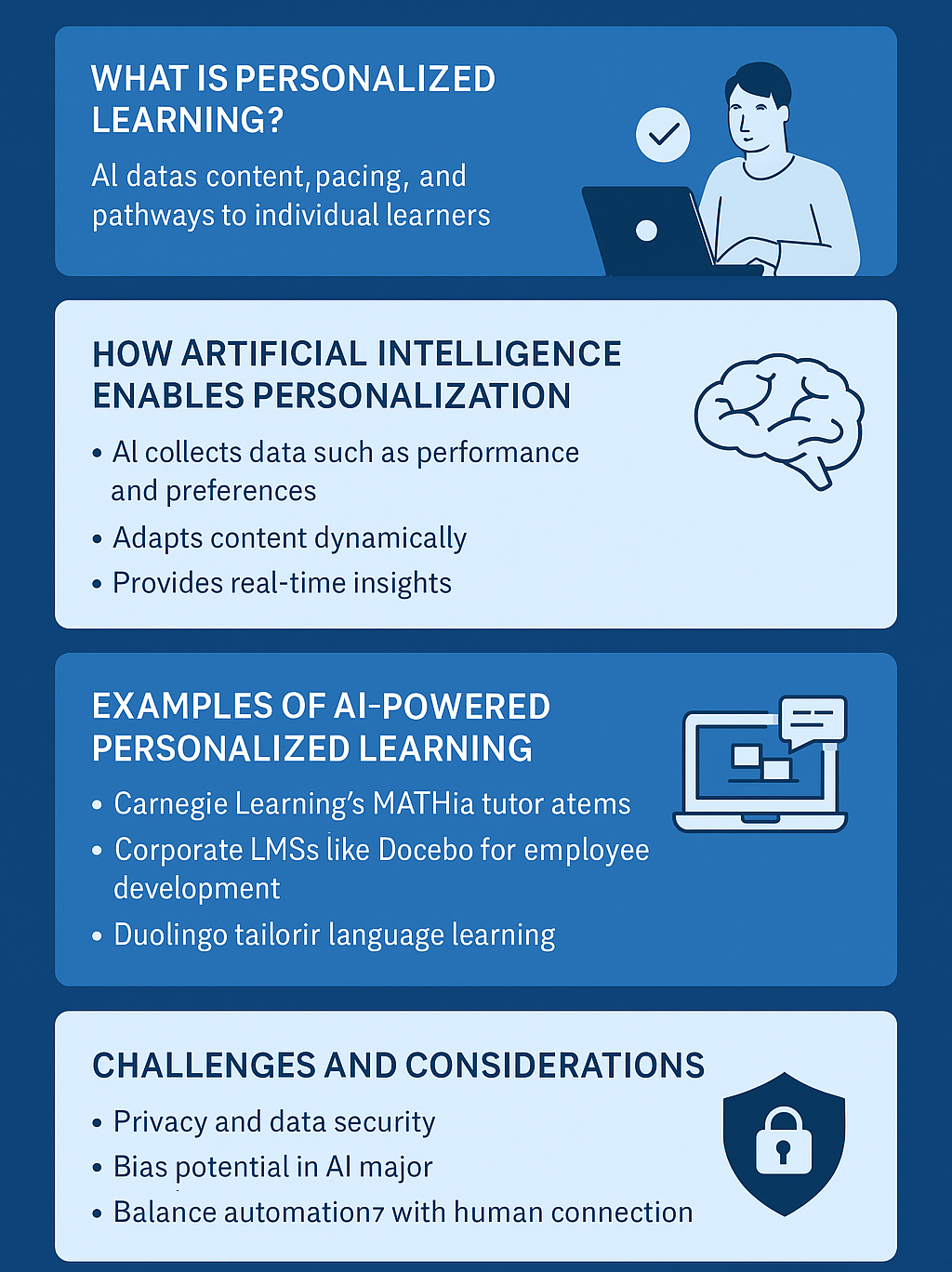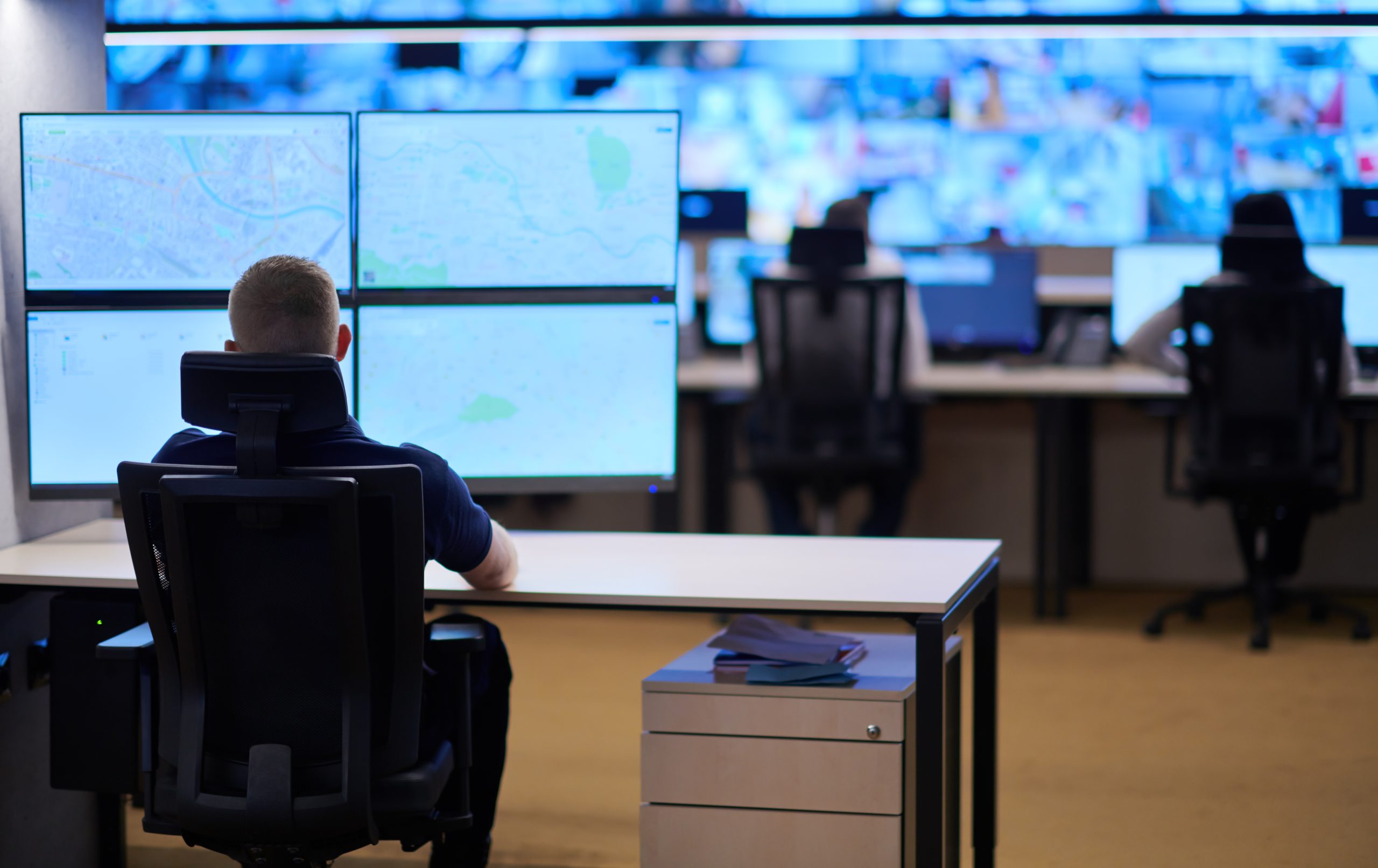Showcase Portfolio

Agnes Elisa is a dedicated worker who takes great pride in her projects
Her highly interactive and engaging work style makes an excellent professional
Applies learning theory and a systemic approach to design and develop content, learning activities, training, and other solutions to support acquiring new knowledge or fundamental world skills.
Instructional designers create all instructional materials of a training program, including presentation materials, participant guides, handouts, and job aids or other resources.
They are also responsible for evaluating training, including assessing what was learned and whether the learning solution led to measurable behavior change.
A training specialist designs, develops and delivers training programs to improve the performance of individuals or teams within an organization.
They analyze training needs, identify learning objectives, and create instructional materials. They use various techniques, such as classroom instruction, e-learning modules, and on-the-job training, to deliver the training programs.
Training specialists also evaluate the effectiveness of the training programs by assessing learner performance and feedback.
A special agent in law enforcement is a detective with notable arrest and investigative authority. They can arrest individuals violating federal laws in any state or territory.
Special agents investigate suspicious criminal violations of local, state, and federal laws to determine whether there’s sufficient evidence to recommend prosecution.
These agents also can specialize in a specific type of crime based on the government agency they work for, such as drug enforcement.
An eLearning developer is a professional responsible for designing and developing engaging and effective online learning content.
This role is becoming increasingly important as more and more companies and organizations turn to online learning to train employees, customers, and other stakeholders.
A criminologist works to reduce criminal activities by studying crime patterns and creating solutions to prevent factors that could lead to crime. They work with law enforcement officials to collect data and suggest methods of crime intervention. Criminologists help create laws and policies aimed at reducing crime.
They also contribute to the corrections system by creating new programs to rehabilitate criminals and help them transition back into society successfully. These methods help reduce the number of repeat offenders and break the cycle of incarceration.
Works with collecting, analyzing, and disseminating information about criminals, particularly criminal organizations.
Intelligence Analysts hunt for leads on the structure and hierarchy of criminal organizations, the flow of money and goods, relationships and contacts, current activities and plans, and personal information about the participants, usually with the goal of arrest, prosecution, and conviction of the offenders involved.
Training and development specialists plan and administer programs that improve the skills and knowledge of their employees. Training and development specialists work in nearly every industry. They spend much time working with people, giving presentations, and leading training activities.
Engagement and Professionalism
Delivering High-Impact Results Through Interactive Collaboration




My Youtube Channel
On my YouTube channel, The Space of Agnes Elisa, you will find diverse videos focused on eLearning education and intelligence analysis among other areas of my professional expertise.
Engagement and Professionalism
Delivering High-Impact Results Through Interactive Collaboration




Testimonials
A reliable, detail-oriented, confidential dedicated to each project and the apprentices' goals.
NUC / AGM
Deloitte Consulting
Department of Justice
Department of Justice
Border Patrol
Policia de Puerto Rico
Policia de Puerto Rico
Departamento de Justicia
Connect with
The Space of Agnes Elisa
Connect for collaborations, inquiries, or opportunities in eLearning and Development, Criminology, and Intelligence Analysis.

Frequently Asked Questions
Find answers to common queries about academic research, teaching methodologies, and Agnes Elisa’s work in social justice and criminal justice.
Describe the understanding of the adult learning types or styles and how you would incorporate this into your instructional design to make for an exceptional, engaging learning experience.
Adult learners typically have different learning styles, such as visual, auditory, reading/writing, and kinesthetic (VARK). Additionally, adults prefer learning that is practical, self-directed, and relevant to their experiences.
- Incorporate Multi-Modal Content: Use videos, infographics, and animations for visual learners; narration and podcasts for auditory learners; text-based resources and written exercises for reading/writing learners; and interactive simulations or hands-on activities for kinesthetic learners.
- Leverage Real-World Applications: Design scenarios, case studies, and problem-solving activities that reflect learners’ work or life contexts to ensure relevance.
- Facilitate Self-Direction: Allow learners to navigate content at their own pace, offering choices in the order of modules or optional deep-dive resources.
- Encourage Collaboration and Reflection: Use discussion boards, group projects, and reflective exercises to foster engagement and knowledge sharing.
How would The Space of Agnes Elisa measure or assess a potential problem in the Design and Development process?
As an eLearning Instructional Designer, I identify issues by performing a detailed needs analysis. This helps me find gaps between how things are now and how they should be. I collect important information through surveys, interviews with stakeholders, and performance data.
This process helps me determine the root cause of the problem. I then create clear and practical solutions by determining whether the issue is related to instruction, technology, or processes.
How do I suggest improvements if I disagree with an existing problem?
As an eLearning Instructional Designer, if I disagree with an existing problem, I will first analyze the issue to gather evidence and align my observations with learner data or project goals.
I’d then present my suggestions constructively, highlighting how the improvements could enhance learning outcomes, engagement, or efficiency. Open dialogue with stakeholders ensures collaboration and mutual understanding for the best solution.
My experience creating adult learning content is…
Includes over 15 years of experience designing interactive and engaging eLearning modules tailored to adult learners’ needs.
To ensure meaningful and compelling content, I use adult learning principles, such as relevance, self-direction, and practical application.
I’ve developed content in various formats, including video-based tutorials, scenario-based learning, and assessments, always focusing on accessibility and real-world applicability.
Working with Subject Matter Experts (SME’s):
When I work with experts, I talk to them to get important information and understand what needs to be learned. I take complicated ideas and break them down into simpler parts.
I organize the material so that it starts easy and gets harder. I also make pictures and charts to help explain tricky ideas.
I work closely with the expert to make sure everything is accurate and fits what the learners need. I change my drafts based on their feedback to make the information clearer and more interesting.
Insights from Agnes Elisa
Explore thought-provoking articles on education, e-learning, social justice, and more.

¿Cómo Diseñar Preguntas de Investigación que Generen Impacto en el Negocio?

Inteligencia contra el Crimen Organizado: ¿Cómo se utilizan las matrices de vínculos y mapas criminales para desarticular redes delictivas?

🧠 El Pensamiento Crítico en el Análisis de la Inteligencia Criminal y Corporativa

Inteligencia de Fuentes Abiertas (OSINT): El Poder de la Información Pública

🎯 How Personalized Learning Works with Artificial Intelligence: The Future of Instructional Design

